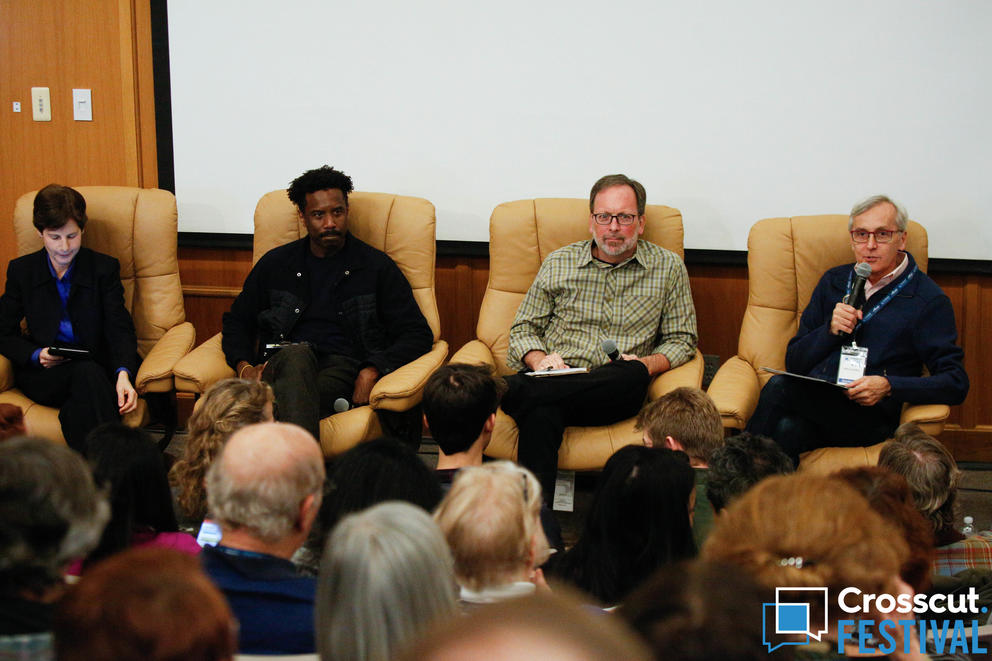Starbucks, another hometown company, has since the shooting of Michael Brown in Ferguson, Missouri, taken steps to open stores in 15 low-income and diverse communities across the country. The effort was conceived after former CEO Howard Schultz visited the city and spoke with partners (which is how Starbucks refers to its employees) in the aftermath of the shooting. Rodney Hines, who now leads the charge on opening the so-called community stores, remembers Schultz lamenting the company’s absence in Ferguson. He felt there was an opportunity to help support local stakeholders — non-profits, government — in economic development efforts.
Hines said that given the youthfulness and political savviness of its massive workforce — some 200,000 employees around the world — Starbucks is constantly feeling pressure to do more.
“Personally I welcome that pressure,” Hines said, “because it forces us to push the envelope in terms of what [it means] to be a responsible corporation.”
Anne Levinson, a former Seattle Municipal Court judge and one of the first openly LGBTQ public officials in Washintgon state, challenegd companies to go further. Levinson, who led the effort to keep the Seattle Storm WNBA basketball team in Seattle, has thought a lot about the role businesses can play in advocacy. She held up Amazon, and its search for a hometown for its second headquarters, as an example.
“So imagine if over the years, businesses had not just said, tell us what tax breaks you’ll give us if we locate in your state, but tell us how you fund education,” Levinson said. “Tell us, do you have anti-discrimination laws that speak to inclusion and tolerance? … Do you have environmental policies that encourage use of renewable energy? … How do you treat immigrants and those in marginalized communities?
As a new campaign heats up demanding that Amazon not build its headquarters in 11 of 20 finalist states that do not have anti-discrimination laws protecting LGBTQ people, Levinson suggested that there is still time for the company to flex its muscle.
“You can be sure,” Levinson said, “that in state houses and in city halls in those communities they would be moving with all deliberate speed to start making some of those public policy changes.”
Listen to the whole conversation above.



